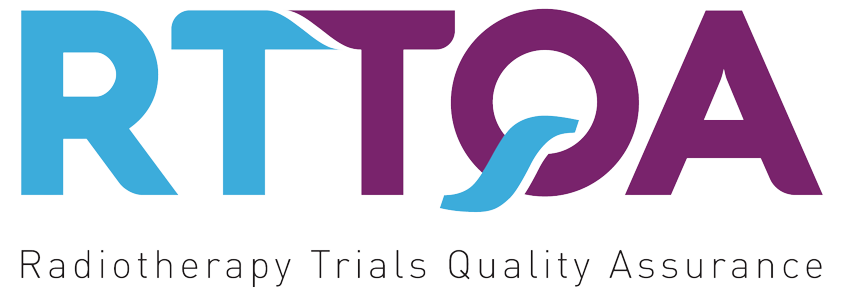
POINTER-PC: Pelvis Or Involved Node Treatment: Eradicating Recurrence in Prostate Cancer
Trial Summary:
The POINTER-PC trial is a Phase III multicentre randomised controlled study investigating the optimal radiotherapy strategy for pelvic nodal recurrence in prostate cancer (PCa). Sponsored by the University of Leeds and funded by Yorkshire Cancer Research, the trial aims to compare Stereotactic Body Radiotherapy (SBRT) and Extended Nodal Irradiation (ENI) in patients with oligo-recurrent pelvic nodal PCa. SBRT delivers high-dose, targeted radiation to involved lymph nodes, while ENI treats both the known disease and potential microscopic spread, either in five fractions (ENI-5) or twenty fractions (ENI-20). The study will randomise 480 participants into three arms: SBRT to involved nodes alone, ENI-5 with a simultaneous integrated boost (SIB) to involved nodes, or ENI-20 with a similar SIB. All participants will receive 12 months of androgen deprivation therapy (ADT), with additional systemic therapies permitted post-radiotherapy. The trial’s primary endpoints include metastasis-free survival (MFS) for SBRT versus ENI, and patient-reported bowel toxicity for ENI-5 versus ENI-20. Secondary endpoints include overall survival, biochemical progression-free survival, patterns of disease recurrence, and quality of life outcomes. Follow-up assessments, including PSA monitoring and imaging, will occur for up to three years post-treatment. This trial seeks to refine treatment strategies and establish the best radiotherapy approach for pelvic nodal recurrence.
ENI RT QA Summary:
All QA activity will be streamlined with previous trial QA, where applicable. Please contact the RTTQA Group directly using the contact details below to discuss.
| QA Process | QA Activity | Required for Trial | Additional Details |
|---|---|---|---|
| Pre-Accrual | Facility Questionnaire | ||
| Outlining Benchmark Case | 1 Contouring Exercise for ENI, streamlined (per PI) via NIHR prostate with pelvic nodes trials. |
||
| Planning Benchmark Case | 1 ENI-5 Case by all sites | ||
| Dummy Run | |||
| During Accrual | Individual Case Review | Prospective / Retrospective outlining and planning case reviews per treatment arm to be advised by RTTQA contact | |
| Data collection | |||
| Dosimetry Audit | Subject to streamlining via audit from clinical trial QA groups and UK dosimetry audit network groups | ||
| QA Streamlining | PACE-NODES, PIVOTALboost or PEARLS |
Node SABR QA Summary:
| QA Process | QA Activity | Required for Trial | Additional Details |
|---|---|---|---|
| Pre-Accrual | Facility Questionnaire | 2024 SABR QA Programme: FQ required | |
| Outlining Benchmark Case | All centres should already have ≥2 clinicians approved through streamlining or cascade training. Benchmark only if centre has <2 clinicians accredited | ||
| Planning Benchmark Case | All centres should already be credentialed through streamlining. Benchmark only if centre has changed technique/equipment since (please discuss process with RTTQA contact) | ||
| Dummy Run | |||
| During Accrual | Individual Case Review | Prospective contouring: 1st patient per clinician, subject to streamlining. Prospective planning: 1st patient, subject to streamlining |
|
| Data collection | |||
| Dosimetry Audit | Lung audit: bone and node only Spine audit: bone, node and spine Subject to streamlining |
||
| QA Streamlining | CtE, SEP, HALT, TRAP, SARON, STAR-TRAP, ATLANTA, SOPRANO, STAMPEDE2 |
RTTQA Contact: rmh-tr.pointer-pc.rtqa@nhs.net
Overall Co-Chief Investigator: Dr Ann Henry
Sponsor: University of Leeds (PointerPC@leeds.ac.uk)
Funder: Yorkshire Cancer Centre (YCR)
